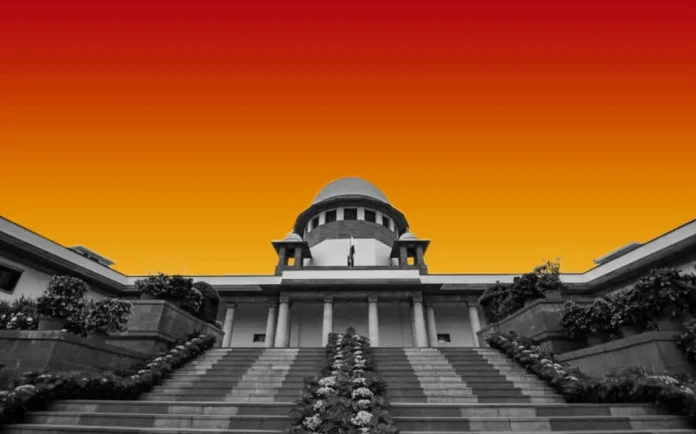The Supreme Court has dismissed the State of Rajasthan’s attempt to assume control of the estate of Raja Bahadur Sardar Singh of Khetri, a distinguished member of the Constituent Assembly, affirming instead the validity of his will in favour of the Khetri Trust.
A Bench comprising Justices B.V. Nagarathna and Satish Chandra Sharma held that the doctrine of escheat, invoked by the State under the Rajasthan Escheats Regulation Act, 1956, has no application when a testator leaves behind a validly executed will. The Court emphasised that the State may only step in where there is a complete absence of legal heirs and no testamentary disposition of property.
Raja Sardar Singh, who died in 1987 without any children, had executed a registered will in 1985. Through this instrument, he bequeathed his entire estate—both movable and immovable—to the Khetri Trust, a charitable institution he established to promote education, research, and science. The will was subsequently upheld by the Delhi High Court in probate proceedings.
Challenging this, the Rajasthan government argued that in the absence of direct heirs, the estate should vest in the State by operation of law. The Supreme Court, however, found this contention untenable, holding that once the will was proved in accordance with law, the State lacked any locus to question its validity.
The Bench further criticised the conduct of two of Raja Sardar Singh’s relatives who had earlier disputed the will but later withdrew their challenge without disclosure. Their suppression of material facts led the Court to impose a cost of ₹1 lakh on each of them.
In its ruling, the Court not only reaffirmed the sanctity of testamentary freedom but also sent a strong signal against speculative claims by the State in matters where the intent of the testator has been clearly documented and judicially recognised.
By upholding the bequest to the Khetri Trust, the judgment ensures that Raja Sardar Singh’s philanthropic vision will endure, while firmly closing the door on Rajasthan’s decades-long claim to his estate.


